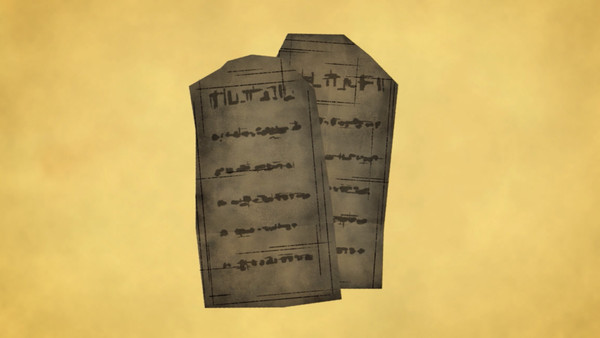

The Law
What is the importance of the ancient laws in the Hebrew Bible? Are they even relevant for Jesus followers? Explore how much the laws can teach us about God’s character and the significance of Jesus’ ministry on Earth.
Reflect
Read Matthew 22:23-40. What does Jesus identify as the greatest commandment in the law? Notice how Jesus’ statement is a summary of the ten commandments, which are themselves a synthesis of the 613 laws in the Torah. What do you think is significant about this?
Observe the structure of the ten commandments and discuss how they specifically describe practices of loving God and one’s neighbor (see Exodus 20:3-17).
Read Jeremiah 17:5-10. Which metaphors describe desperately sick hearts and which describe blessed hearts? Does humanity have any hope for having healthy, functioning hearts again (see Ezekiel 36:26-27 and Isaiah 61:1-3)? If so, how would we talk about that hope in our own words?
Read John 15:1-13 carefully and notice the metaphor Jesus uses to describe himself. How does Jesus fulfill the law and the prophets as the blessed vine/tree? How do we “abide,” or live, within his blessing?
Compare Exodus 19:3-6 and Exodus 20:1-3 with Galatians 5:1 and Galatians 5:13-14. Notice how these passages describe God’s identity and ours before giving a list of commands. How do you think remembering these identities can provide a foundation for following God’s commands?
How does the Spirit make us new, help us remember God’s redemption, and empower us to follow his life-giving ways (e.g. John 16:7-15, Galatians 5:16-25, Ephesians 1:7-14, Ephesians 2:3-7, Ephesians 3:4-18)?
View Guide
Downloads
Biblical Themes

The Wilderness

Redemption

The Exodus Way

The Mountain
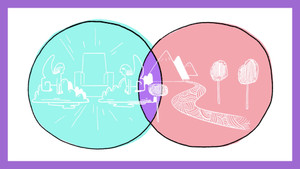
Heaven & Earth

The Messiah

The Covenants
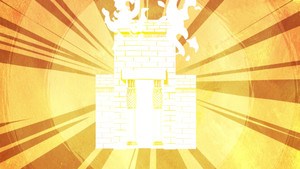
Holiness

Sacrifice and Atonement

The Law

Gospel of the Kingdom

Image of God
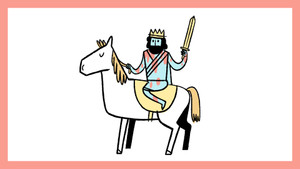
Day of the Lord
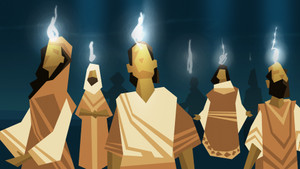
Holy Spirit
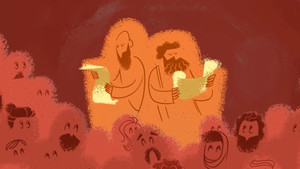
Public Reading of Scripture

Justice

Exile
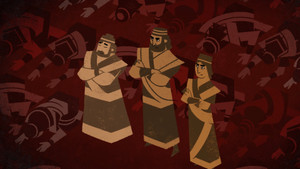
The Way of the Exile
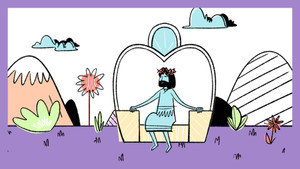
Son of Man

Temple

Generosity

Sabbath

Tree of Life

Water of Life
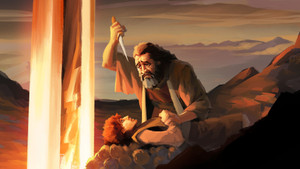
The Test
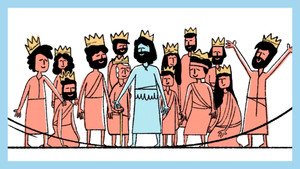
Eternal Life

Blessing and Curse

The Last Will Be First

Anointing

The City
